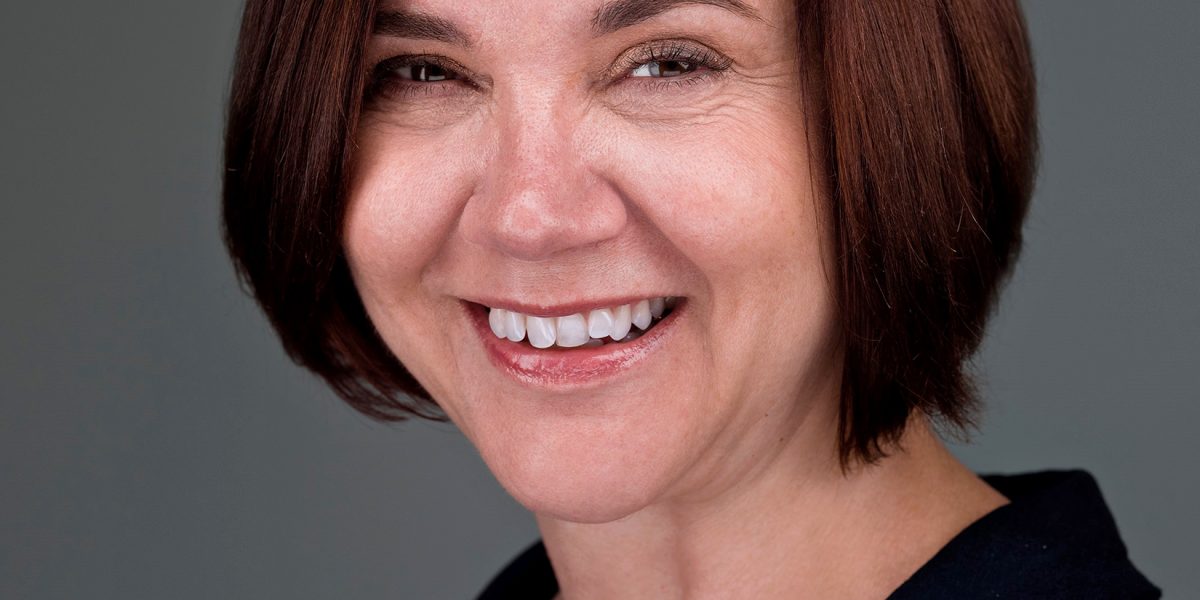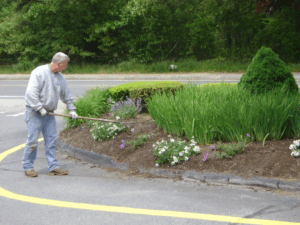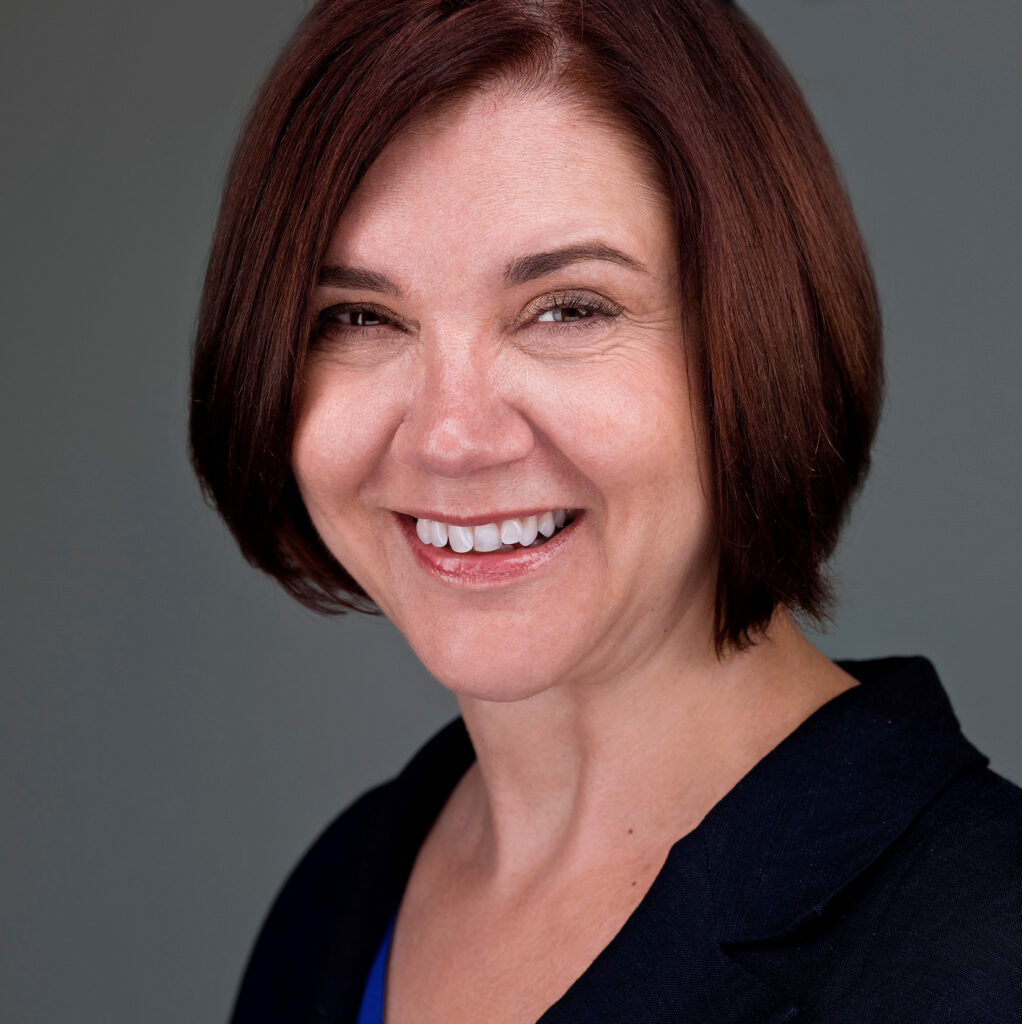
NPR – WBUR Boston – Karen Geer was voting and away from her office on the 85th floor of the second tower of the World Trade Center when she got the call telling her what happened on the morning of Sept. 11, 2001. She lost her friends, coworkers, invaluable personal belongings — everything changed in an instant. A tragedy both global and deeply personal, she said she knew she was experiencing trauma, but she didn’t fully feel the impact until afterward. The COVID-19 pandemic has conjured up the tone of that moment for her, and she’s approaching it with hope and optimism.
On June 1, Geer will start her tenure as the new president of South Shore Conservatory, New England’s largest community school of music and the arts. Geer says that she will immediately implement daily hours with local constituents to include their voices as their team develops a sustainable plan to continue serving the community through the arts. Together they will build a new normal.
“We have to use our human tools to elevate ourselves and that’s where the South Shore Conservatory can come in, elevating people’s lives during a time that feels tragic,” says Geer. “Although we have hope about coming out of isolation, there’s still this fear, so SSC is concentrating on the pivot towards dealing with what’s here right now.”
Geer says she’s looking forward to the move to coastal Massachusetts from Brooklyn, New York, where she served as executive director of the InterSchool Orchestras of New York (ISO), and the Brooklyn Conservatory of Music before that. Having spent years attending Plymouth’s Pinewoods Dance Camp with her family, she feels like the South Shore chose her. She says she learned a lot in New York, both in her work and in rebuilding after 9/11, and she is ready to apply those skills to her new community and the challenges ahead.
Geer succeeds Kathy Czerny as SSC’s president. During her time at SSC, Czerny created accessible programming for people of all ages and abilities, expanding programs to serve people with a range of developmental delays and neurological conditions. Her work at the conservatory culminated in its 50th anniversary this spring. The current pandemic dampened plans for that celebration and the summer concerts and events that were scheduled.
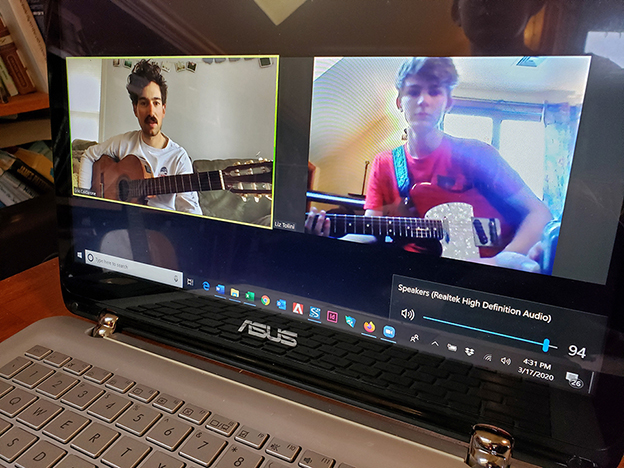
SSC was fast to adapt and offer classes online. How and where to hold performances is the next question to tackle.
“We have to use music to bring hope and light and joy to everybody’s life,” says Geer. “If that means parking lot concerts, that’s what we’ll do. If it means online performances, maybe that’s what it will be. We’re going to start a dialogue to really dig into this question because I don’t want to presume what people want.”
Geer has been in this industry for 15 years, and she is drawing on that experience as she and her colleagues look to plan an uncertain future. Part of that is building upon the work that the faculty and staff at SCC have already been doing to keep people connected through music. Anne Smith-White, SSC’s senior director of community engagement, said in a press statement this spring that social distancing has reignited her drive to bring people together.
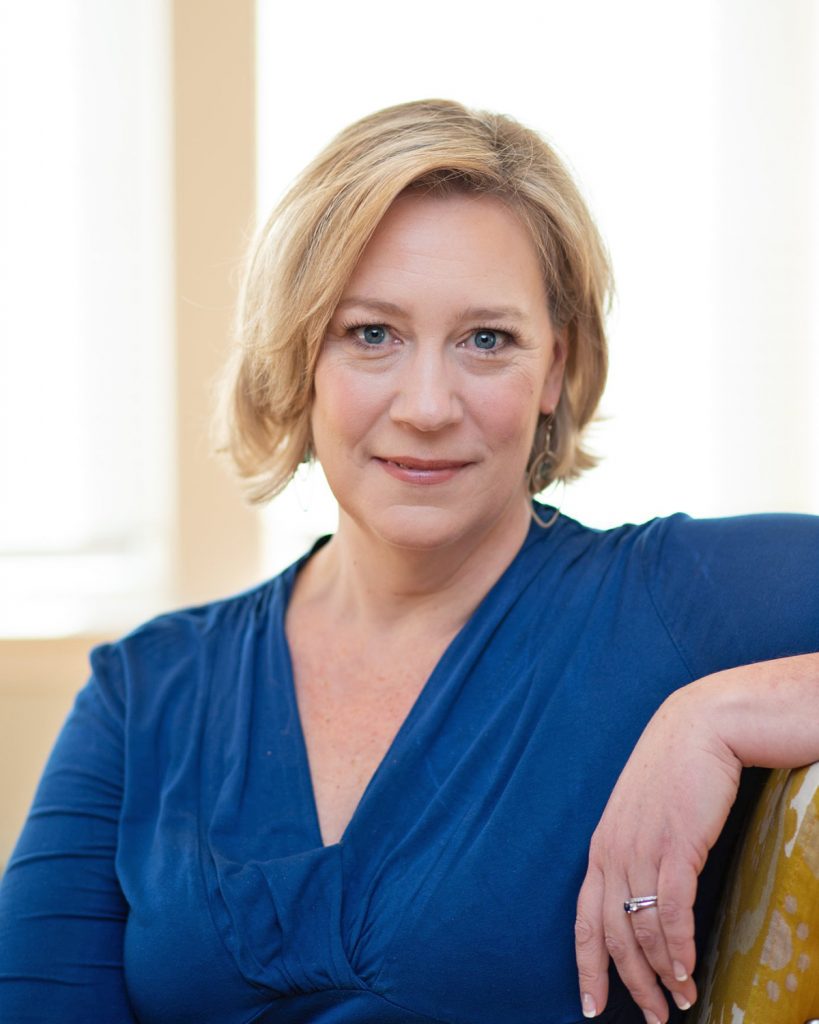
“As we witness community choruses creating ‘singalongs’ through Zoom video conferences, entire orchestras navigating new technology to perform for their audiences, our Boston neighbors as comrades singing ‘Sweet Caroline,’ we are captivated. Why? Because our connection to the arts is an elemental component of our humanity. Because we are relying on the arts as an antidote to combat social isolation, to calm our fears, to mitigate mounting anxiety. Throughout the world, music and the arts feel more important now than ever.”
SSC has seen positive results from online programming. Teens in their Rock Band program have been finding solace in creation, according to their instructors and coaches, who say that their students have remained productive.
“Two of my rock bands are about to release new EPs, created by recording one track at a time, passed from band member to band member, collectively gathering everyone’s parts,” shares Rock Band coach Erik Caldarone in a recent statement. “It’s amazing to watch them all revel in each other’s passion, and still make original music despite the distance challenges.”
Geer says she is excited about the many ways that moving to online platforms allows SSC to be even more accessible. As they continue to adapt, she says they will do so with a safety-first lens.
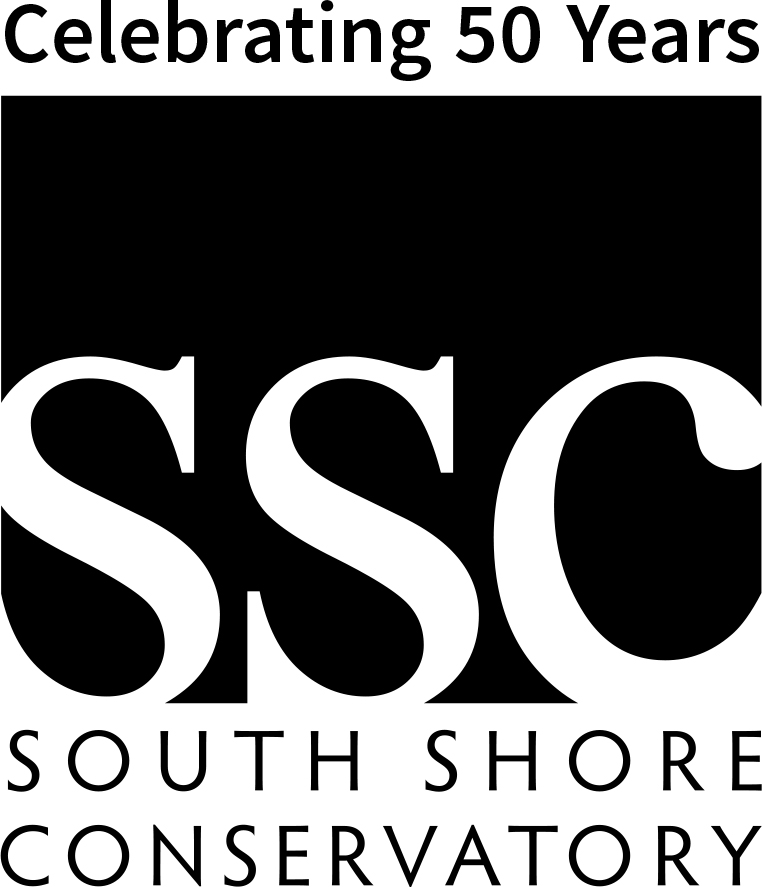
“That’s with the lens of what’s appropriate in a virtual environment, and it’s about following the orders of the governor and creating a brand new hybrid model that can be exciting and creative but safe.”
By Jenn Stanley, Arts Writer

